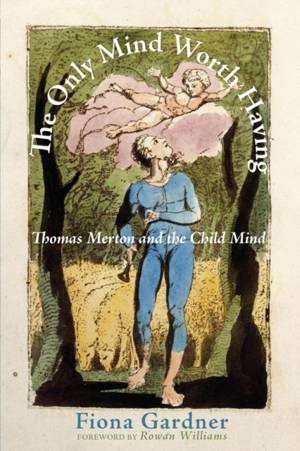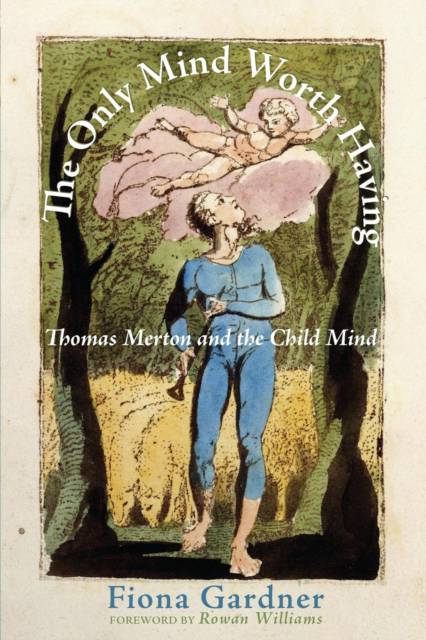
- Afhalen na 1 uur in een winkel met voorraad
- Gratis thuislevering in België vanaf € 30
- Ruim aanbod met 7 miljoen producten
- Afhalen na 1 uur in een winkel met voorraad
- Gratis thuislevering in België vanaf € 30
- Ruim aanbod met 7 miljoen producten
Zoeken
€ 34,45
+ 68 punten
Uitvoering
Omschrijving
In The Only Mind Worth Having, Fiona Gardner takes Thomas Merton's belief that the child mind is "the only mind worth having" and explores it in the context of Jesus' challenging, paradoxical, and enigmatic command to become like small children. She demonstrates how Merton's belief and Jesus's command can be understood as part of contemporary spirituality and spiritual practice. To follow Christ's command requires a great leap of the imagination. Gardner examines what it might mean to make this leap when one is an adult without it becoming sentimental and mawkish, or regressive and pathological. Using both psychological and spiritual insights, and drawing on the experiences of Thomas Merton and others, Gardner suggests that in some mysterious and paradoxical way recovering a sense of childhood spirituality is the path toward spiritual maturity. The move from childhood spirituality to adulthood and on to a spiritual maturity through the child mind is a move from innocence to experience to organized innocence, or from dependence to independence to a state of being in-dependence with God.
Specificaties
Betrokkenen
- Auteur(s):
- Uitgeverij:
Inhoud
- Aantal bladzijden:
- 242
- Taal:
- Engels
Eigenschappen
- Productcode (EAN):
- 9781498230223
- Verschijningsdatum:
- 6/11/2015
- Uitvoering:
- Paperback
- Formaat:
- Trade paperback (VS)
- Afmetingen:
- 152 mm x 226 mm
- Gewicht:
- 340 g

Alleen bij Standaard Boekhandel
+ 68 punten op je klantenkaart van Standaard Boekhandel
Beoordelingen
We publiceren alleen reviews die voldoen aan de voorwaarden voor reviews. Bekijk onze voorwaarden voor reviews.











